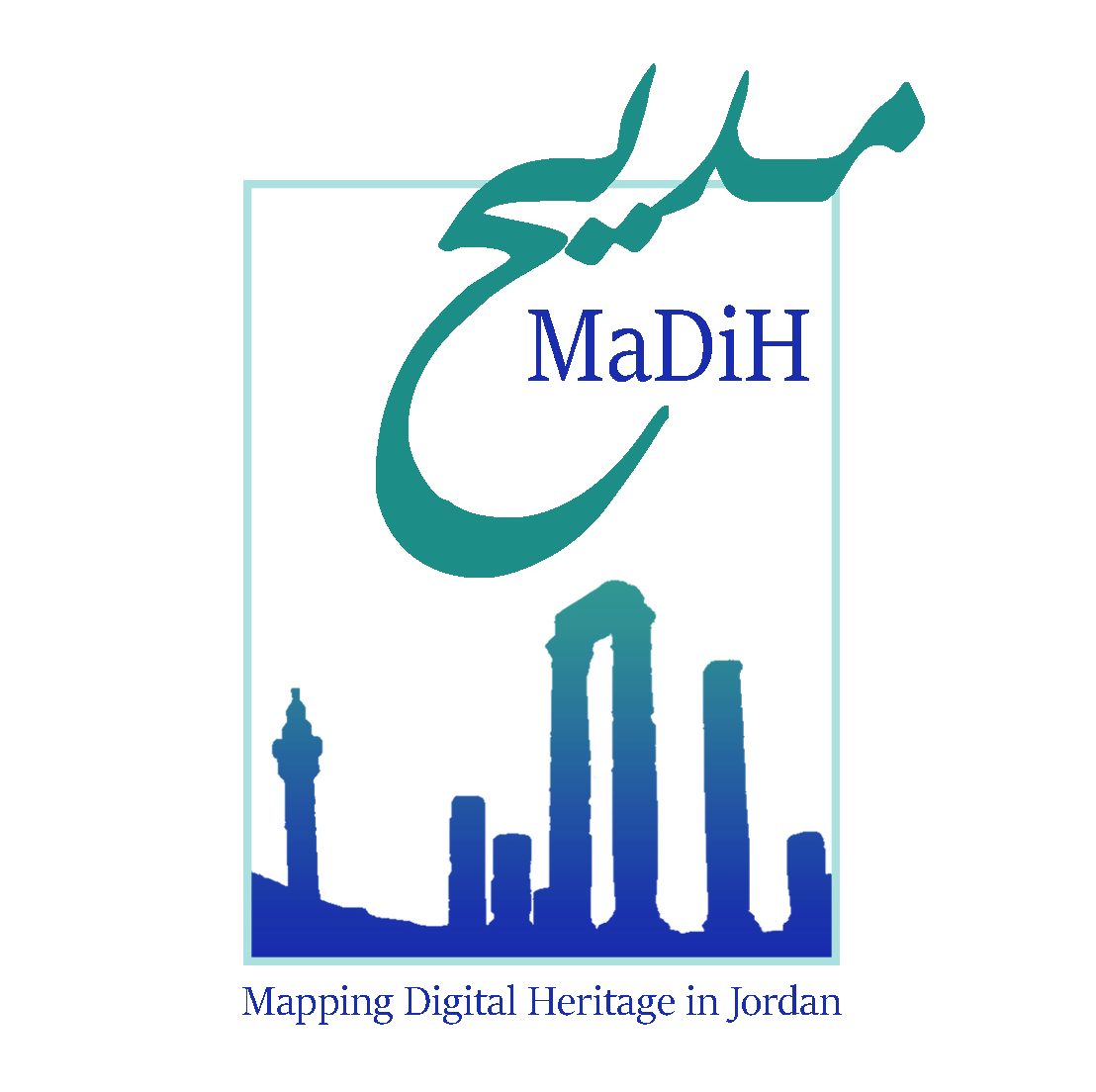MaDiH (مديح) on CKAN: Official Launch, April 2020
More datasets added to the MaDiH (مديح) repository and we are ready for users’ feedback!
By Alessandra Esposito, Research Associate
Translated to Arabic: Shatha Mubaideen, Project Manager
The MaDiH (مديح) development and research team have been hard at work adding new datasets to the MaDiH repository since its soft launch in February 2020. Dataset collection will continue until the summer of 2020 and we will keep you up to date on the new additions via social media posts published weekly on our Facebook and Twitter accounts.
We are now opening a new phase of active engagement from our users by requesting feedback about the MaDiH repository’s content and functionality.
How to use MaDiH?
The repository is online at madih-data.kdl.kcl.ac.uk/. It was built using CKAN, an open-source data(set) publishing tool (ckan.org). More information about using CKAN to build the MaDiH repository is available on the MaDiH blog, both in Arabic and English.
Here, you’ll be able to browse through the datasets entered so far, as well as search by typing keywords in the repository search bar.
To help you make the best out of the CKAN search functionality, the MaDiH (مديح) team has created a user guide available in Arabic and English, complimented by a video tutorial.
Request for User Feedback
The Official Launch of the MaDiH (مديح) Mapping Digital Cultural Heritage in Jordan repository should have taken place live at the Amman International Hotel on the 29th of March 2020. This was to take place during a workshop organised by the Hashemite University and the CBRL in Amman, with team members joining from King’s Digital Lab in London and the EAMENA project in Oxford, the Department of Antiquities, and the Jordan Open Source Association (JOSA). Due to the current measures put in place to manage the COVID-19 pandemic, the workshop has been postponed to a future date to be determined.
A crucial part of the workshop was going to be a live session with cultural heritage professionals and students trialing the MaDiH (مديح) repository and reporting back on their experience. Their feedback and suggestions were going to guide us in improving the repository going forward.
Given current restrictions on holding such a session, the MaDiH (مديح) project team would like to invite any user of the repository to fill in the online feedback form available at:
https://docs.google.com/forms/d/e/1FAIpQLSdA9SGeqvKU5PTQYWAeaklcjPR1IawHSa_Mvql_btNKADmSYA/viewform (English)
https://docs.google.com/forms/d/e/1FAIpQLScngXResXymFbr2PQdCEp_F6XQAi5sgPP-vLAxCAoFZ8JRkpw/viewform (Arabic)
Your feedback, positive or negative, will be of great value for us in understanding the user-friendliness and usefulness of the repository, and how this can be improved in the future.
Contacting us about datasets
If you are aware of any dataset we might be missing, either in digital or analogue format, or know somebody that owns such datasets, you can get in touch with us at madih.info@gmail.com.
We look forward to hearing from you!

